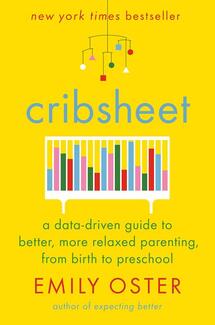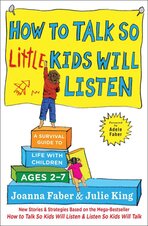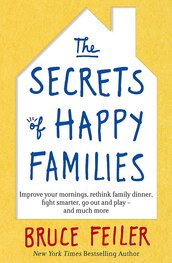 I just finished reading Cribsheet: A Data-Driven Guide to Better, More Relaxed Parenting, from Birth to Preschool by Emily Oster. It was sort of a meta-analysis of a bunch of published research and scientific studies on various parenting questions related to the early years. It was written by an economist (whose husband is also an economist) who loves to look at data and approaches a lot of publications with a healthy dose of skepticism. It was a concise tactical summary of each major area of early parenting and where there is enough quality evidence to suggest one approach is better than another and where there isn't. An important point is that throughout all the decisions she discusses, there is a large role for a parent's own preferences, and she points out how each child, parent, and family situation is different, and that usually is a much bigger determining factor than anything else. The book covered a lot of things I've read about in other places, and her list of references and books she refers to is pretty good. Below are my limited notes (my "crib sheet") on Cribsheet.
0 Comments
 asfasdf Notes on How to Talk so Little Kids Will Listen: A Survival Guide to Life with Children Ages 2-7 by Joanna Faber and Julie King  The pandemic has hit my reading rate hard. It's been a really busy few months as I've had way more responsibilities to deal with at home, which has meant less free time daily for reading unfortunately. It was also timely that I had started reading around this time The Secrets of Happy Families by Bruce Feiler, which I just finished. I had actually received this book for free as part of an Authors@Google talk I attended when I worked there (which you can watch below if you're interested). I don't know why it took me so long to read the actual book after the event. I did take a lot of good notes and learned a lot from the talk I listened to, but that was before I had my own child. Reading it now as a father gave me a lot more actionable information. I found the book insightful and action-oriented, and I'd love to dig into its many examples and primary sources sometime in the future. I came away with a lot of good ideas to experiment with and implement in my own family in the future. My full notes on the book are below the video. |
Archives
February 2023
Categories
All
Subscribe |
 RSS Feed
RSS Feed

